Soil is an essential element of growth. With it, your beloved plants will be properly fed and they’ll thus produce quality bountiful crops. All the nutrients plants need to show their best potential are stored in soil. This way, plants can absorb exactly what each stage requires them to. Here are some useful tips that will help you make the best super soil:
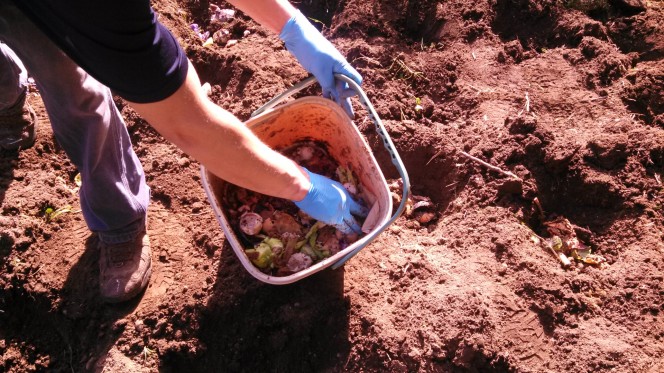
Why should we use organic super soil?
With the arrival of spring, the time to start preparing our organic super soil has also arrived. We should do so always thinking of the next year's outdoor sowing season. When speaking about super soil, we're referring to a type of comprehensive soil that provides plants with all the elements they need. One of the main reasons why people prefer using totally organic soil, like the one used in permaculture or biodynamics, is the broad spectrum of benefits it has proved to offer. It preserves the natural environment creating a kind of synergy and collaboration among the different living components in soil, comprising mainly microbes and fauna. This ensures the availability of those elements that boost the fertility and, therefore, the productive capacity of soil, making it healthier despite the passing of time, and always maintaining the perfect "biological" equilibrium.
Let's think about protecting the planet and our resources
As we all know, growing marijuana is a rather recent worldwide trend. Therefore, it is important to make sure, for the sake of the Earth and its inhabitants, it is done responsibly and sustainably, always bearing in mind planet's natural resources are limited. Equally important is to think about the dramatic consequences the so-called "intensive" farming has had during these last 60 years as a result of excessive use of chemical products and toxic pesticides for such long time. Contaminated, less fertile soil or the appearance of several diseases that could affect humans and other living beings are just some of those terrible consequences. Despite there being one possible "benefit" on its use, from a financial point of view, after the passing of time, even this seems to be detrimental, with a negative impact not only on the pocket but also on health. So the time has come to become aware of these facts and to start doing something to protect our planet and make it the perfect place for present and future generations.
The legacy of past practices
What we now call "Organics" or "Biological" was known only as farming in the not-so-distant past. In the old days, only natural elements were used because chemicals weren't as widespread as they are today, present in every shop, every foodstuff…Everywhere. Nowadays, we, fortunately, know a bit more about the negative consequences of this "chemical revolution" thanks to numerous scientific studies and other media. That's why it is time to go back to our roots, literally speaking, and become aware of this global phenomenon. Through the use of heavy synthetic based fertilizers, the modern age of agriculture has brought a long list of problems. The rapid depletion of carbon-rich matter, destruction of the microbial food web and a drastic reduction of humic and fulvic activity in our top soil are just a few. This has left an enduring sterile effect on our planet. Using countless varieties of chemical herbicides and pesticides for decades have further irradiated the soil. Much of medical research has found most diseases and disorders stem from trace mineral deficiency. A new era Now a generation hungry for change is seeking new age solutions from the accumulation of a few generational mistakes. So what does the future hold for cannabis and its production in large-scale agriculture? Currently, there are tens of thousands of large-scale grow operations rapidly appearing indoors and outdoors in the states of Colorado, Washington, and California. How can we avoid the same patterns we see in standard agricultural practices? At Humboldt Seeds, a recollection of old ways combined with modern science are being adopted, applied, and regarded as the future of agriculture. We could say it is a modern, advanced and biological type of agriculture that uses, respects, balances and optimizes all the elements. It is basically a visionary methodology of what we call sustainable development. When it comes to food, we also have to make sure the tasty cannabis buds we consume for both recreational and therapeutic use are free from chemical residues. The immune system of many therapeutic users is weak and deficient since they're sometimes people suffering from a wide variety of disorders or diseases. These people need a product that is as healthy as possible for daily consumption. Moreover, recreational users who consume organically-grown buds will definitely notice their extraordinary aromas and flavors, as well as the top-quality effect that is obviously healthier and more complex. It is simply a door to a completely new world where what matters is quality.
Changing bad habits
Why don't we recycle our food leftovers and organic residues? That's a very interesting question, indeed, because we could actually use those leftovers to elaborate our super soil, using different fermentation techniques (compost, compost tea…). Knowing recycling these leftovers would be particularly expensive, this initiative is intended to educate people on the importance of protecting our resources and producing quality products.
This kitchen waste was treated with Bokashi and sealed for two weeks allowing it to ferment, retaining a high trace mineral content. This can then be redisbursed into the garden or into worm bins.
These compost piles are flourishing with highly beneficial microbial life accelerating the breakdown of organic material. The microbial life creates high levels of humic and fulvic activity providing food in plant available forms. This is all supported by a rich complex web of biology acting out nature's perfect yet fragile design.
Into practice
The HSO FamWorldwide has been busy developing a diverse range of composting styles. The fundamentals into the proper assembly of a Biodynamic Cold Composting Pile consist of this: a wide variety of green waste material, beneficial microbes, abundant air flow, and maintaining proper moisture levels.Organic material is placed in thin breathable layers. (Lasagna) This is supported by a wind tunnel preventing unnecessary compression and allowing heights up to 5ft or 1.75 meters. Effective microorganisms (EM-1) are designed to aid in the digesting of organic material. A dilution of EM-1 is soaked in straw and used as layers to expedite microbial activity.
Manures like rabbit, goat, sheep, horse, cow and chicken are excellent sources of nitrogen as well as green grass and other fresh green waste. The nitrogen helps to raise temperatures to thermophilic levels (113-158ºF) during the beginning period which plays a vital role in kick-starting your compost. This process kills undesired fungal pathogens and seed starts alike.
This chicken manure was used for the nitrogen rich material for this compost. It was sourced less than 3 miles from the building of the pile.
These red wigglers seen here are great for composting, eating up to the equivalent of their body weight in one day.
A mix of local yard waste waiting to be separated and reapplied into layers in the pile. This material is right across the street from where it was put into form.
Plastic perforated tubes used for the air tunnel are more efficient for large-scale compost production as seen here.
In the process of composting, microorganisms break down organic matter and produce carbon dioxide, water, heat, and humus. Under optimal conditions, composting proceeds through three phases:
1) the mesophilic, or moderate-temperature phase, which lasts for a couple of days 2) the thermophilic, or high-temperature phase, which can last from a few days to several months 3) a several-month cooling and maturation phase.
As the temperature rises above 40°C, the mesophilic microorganisms become less competitive and are replaced by others that are thermophilic or heat-loving. At temperatures of 55°C and above, many microorganisms that are human or plant pathogens are destroyed. Because temperatures over about 65°C kill many forms of microbes and limit the rate of decomposition, compost managers use aeration and mixing to keep the temperature below this point.
During the thermophilic phase, high temperatures accelerate the breakdown of proteins, fats, and complex carbohydrates like cellulose and hemicellulose, the major structural molecules in plants. As the supply of these high-energy compounds becomes expended, the compost's temperature gradually decreases and mesophilic microorganisms once again take over for the final phase of "curing" or maturation of the remaining organic matter.This pile of fresh wood chip is in a thermophilic state displaying healthy mycelium growth feeding off the wood.
- High quality filtered cow manure
- Large chipped Oak tree
- Small chipped apple tree
- Fresh cut grass
- Straw
- Dry pressed apples
- EM-1 soil conditioner
- Bokashi (fermented microbial inoculant)
A combination of alfalfa (top) and straw (below) used as layers in the pile. Both breakdown quickly though the alfalfa is richer in nitrogen.
EM- 1 solution (Effective Micro-organisms) left image-finished Bokashi right image-pulverized rice hull used to make bokashi
This composting process is an old world technique and is great for small boutique gardens. The end product can be used in many different forms such as compost teas, top soil replenishment, or direct planting into the medium itself. All serve a positive purpose in creating more effective and sustainable ways of recycling our waste and striving for the purest forms of genetic expression through how we grow.





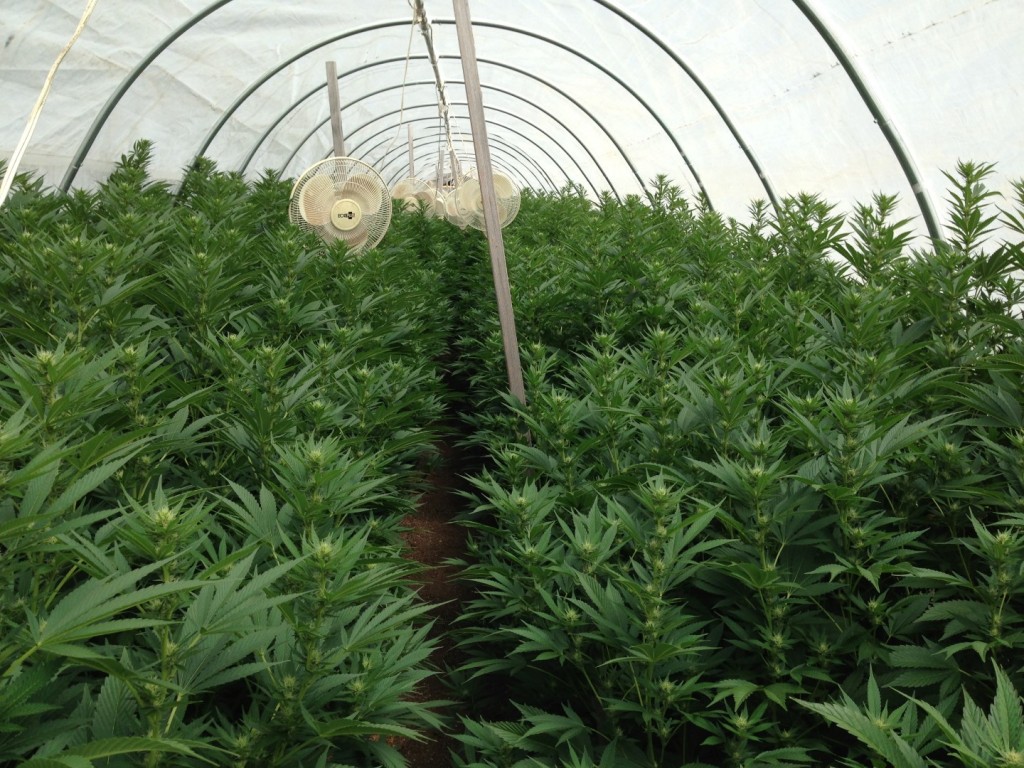
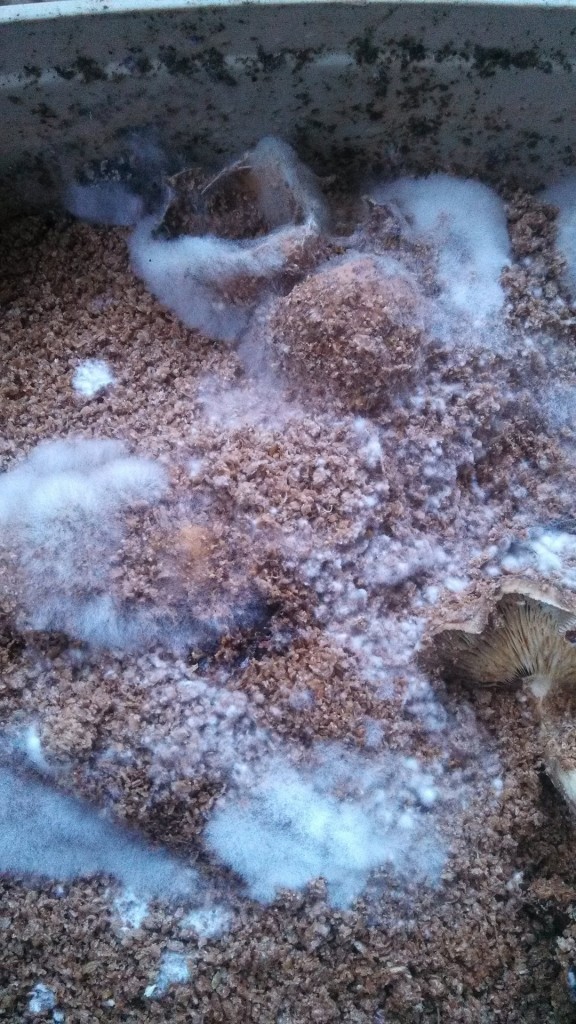
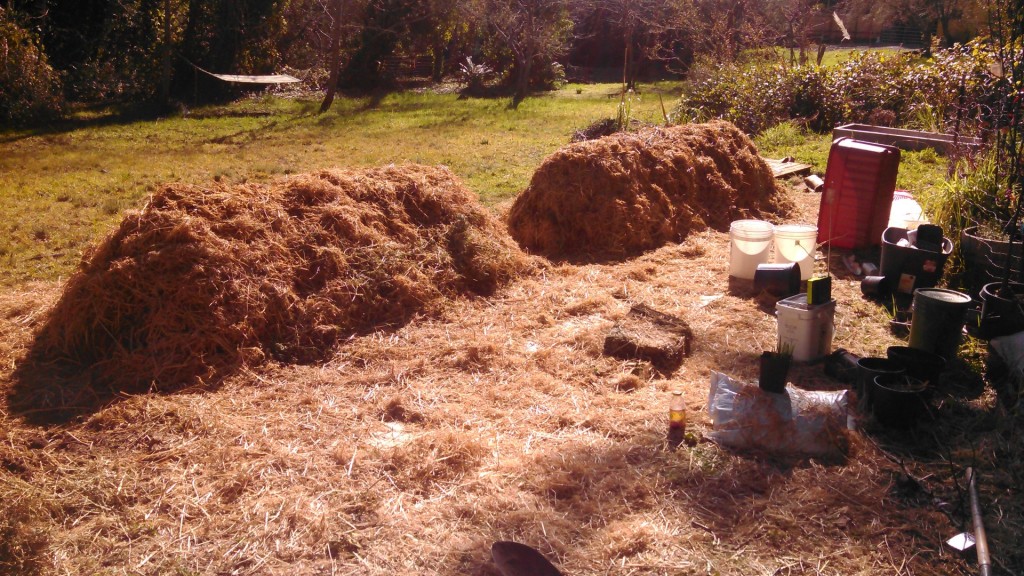
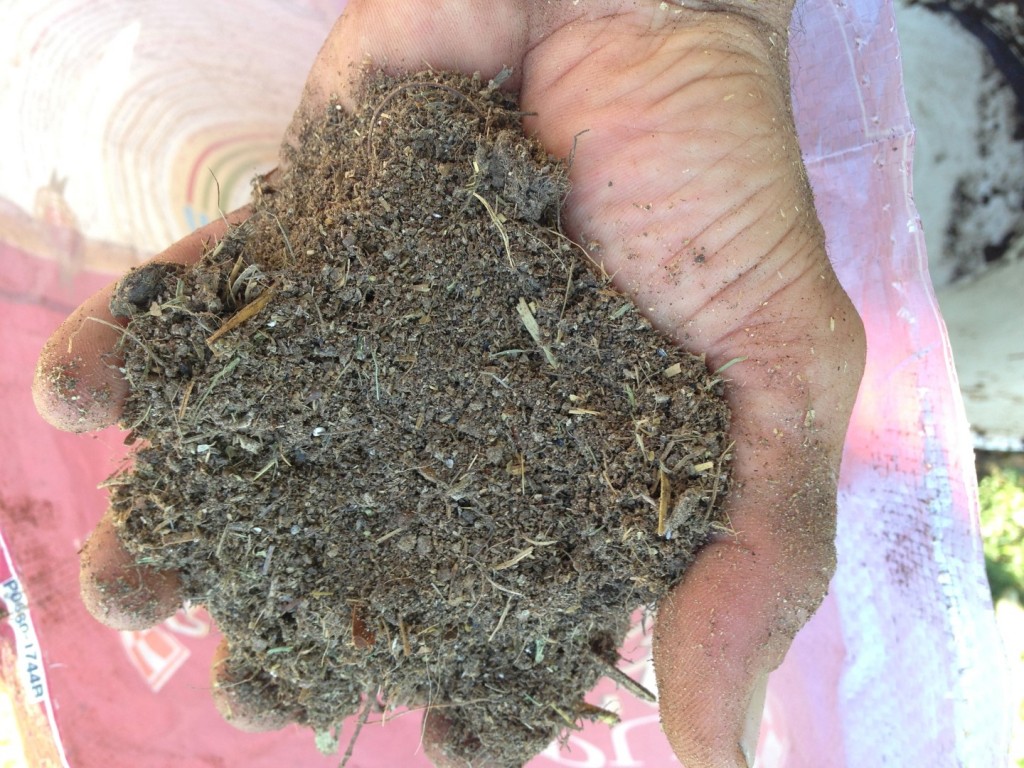
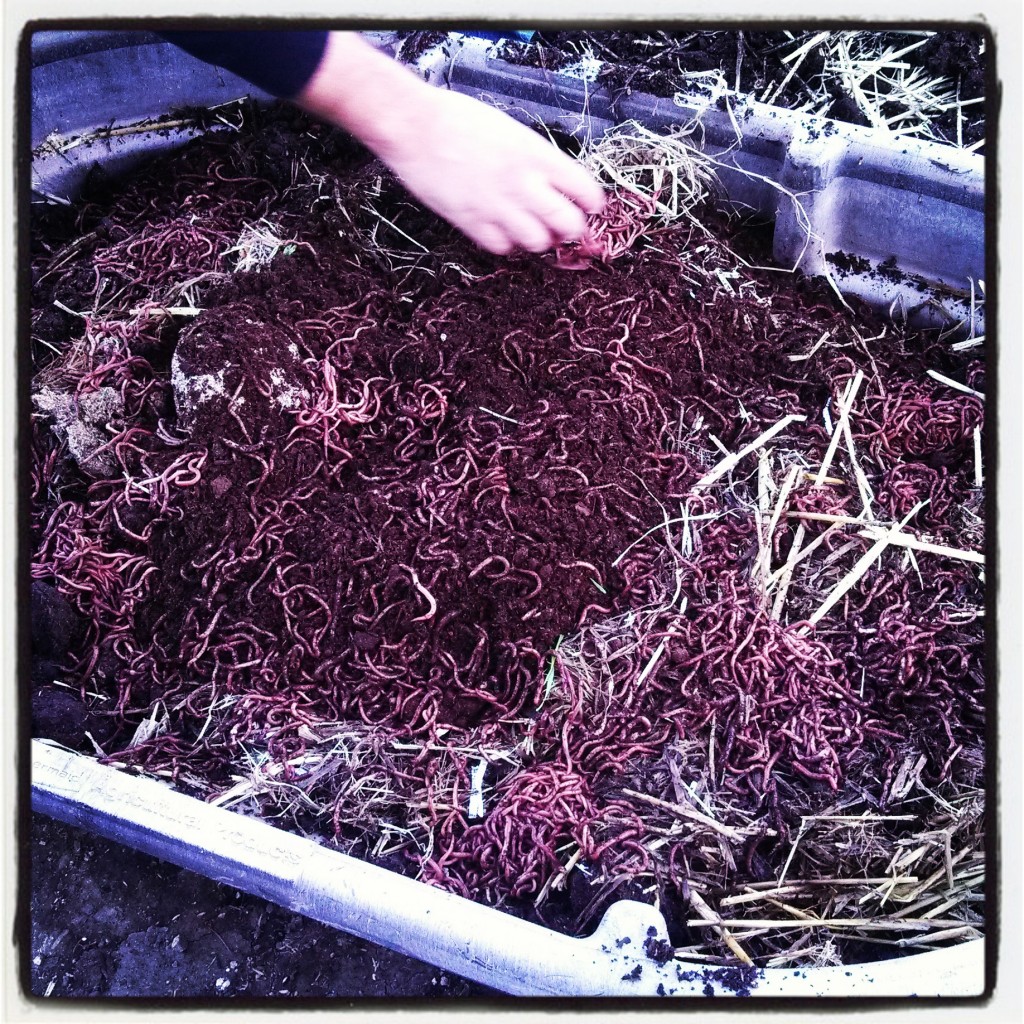
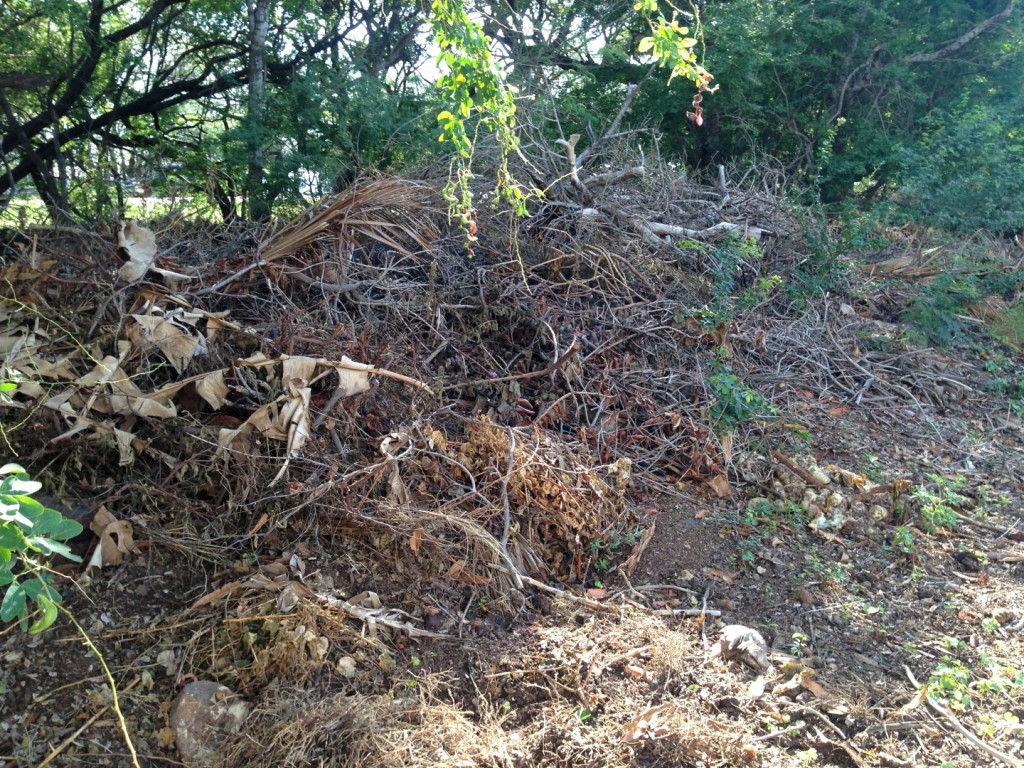
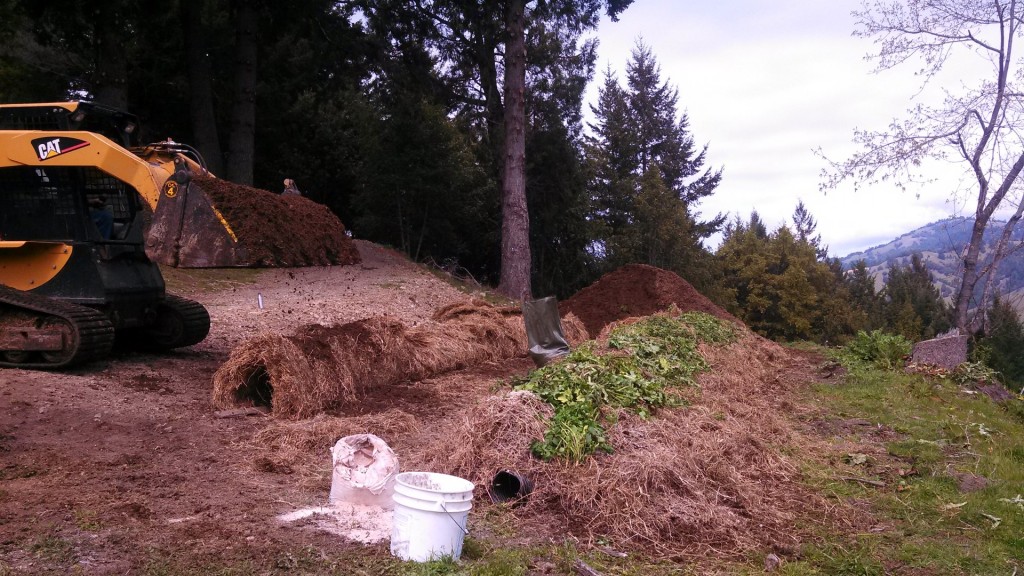
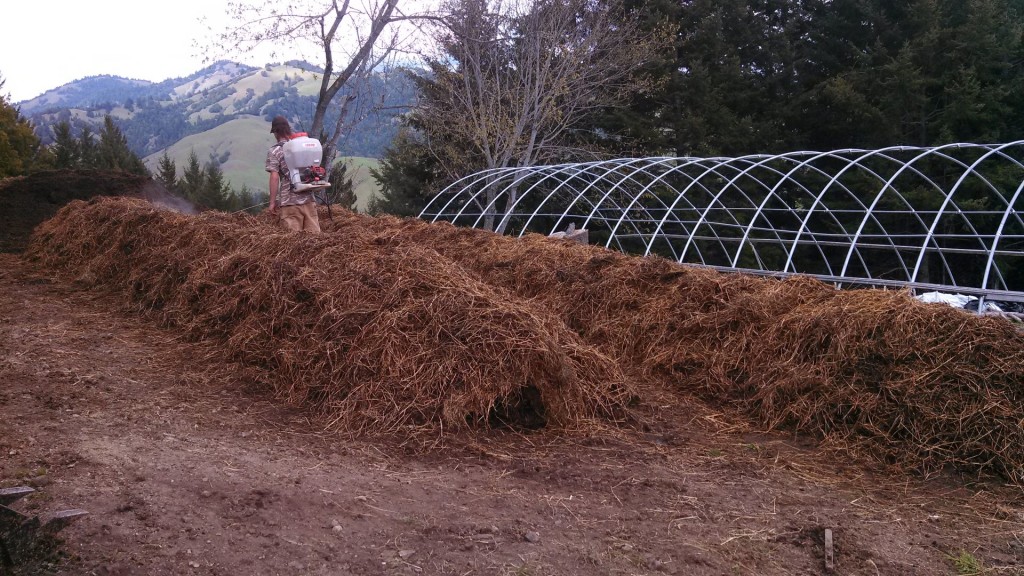
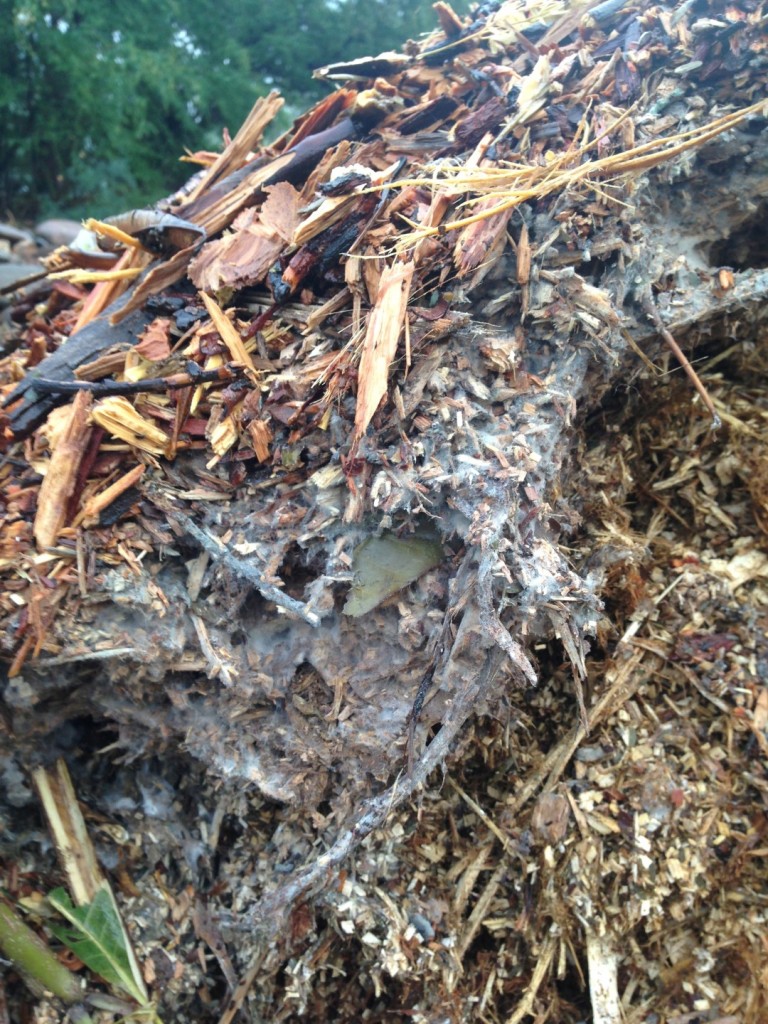
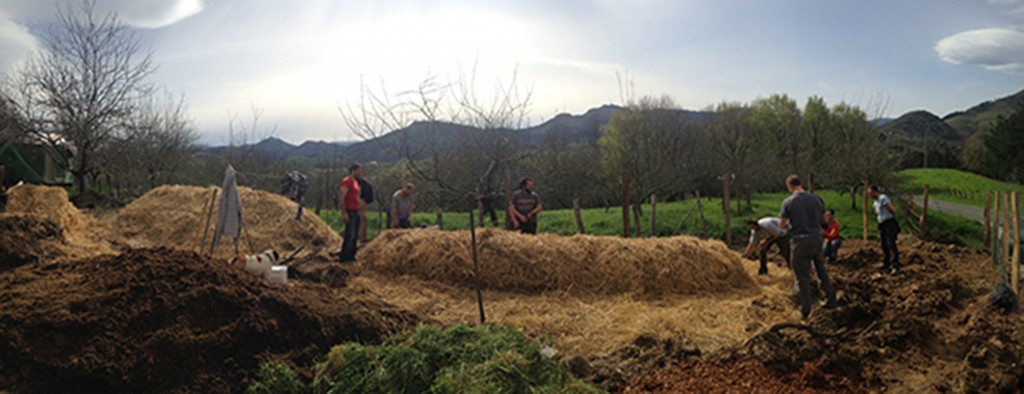
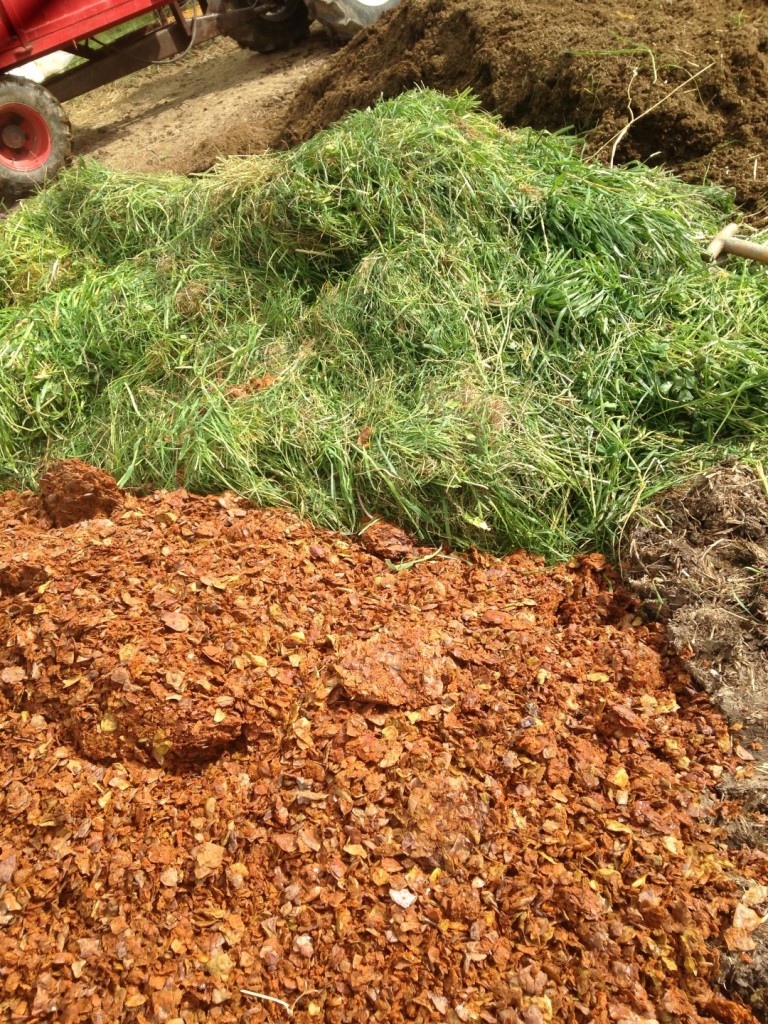
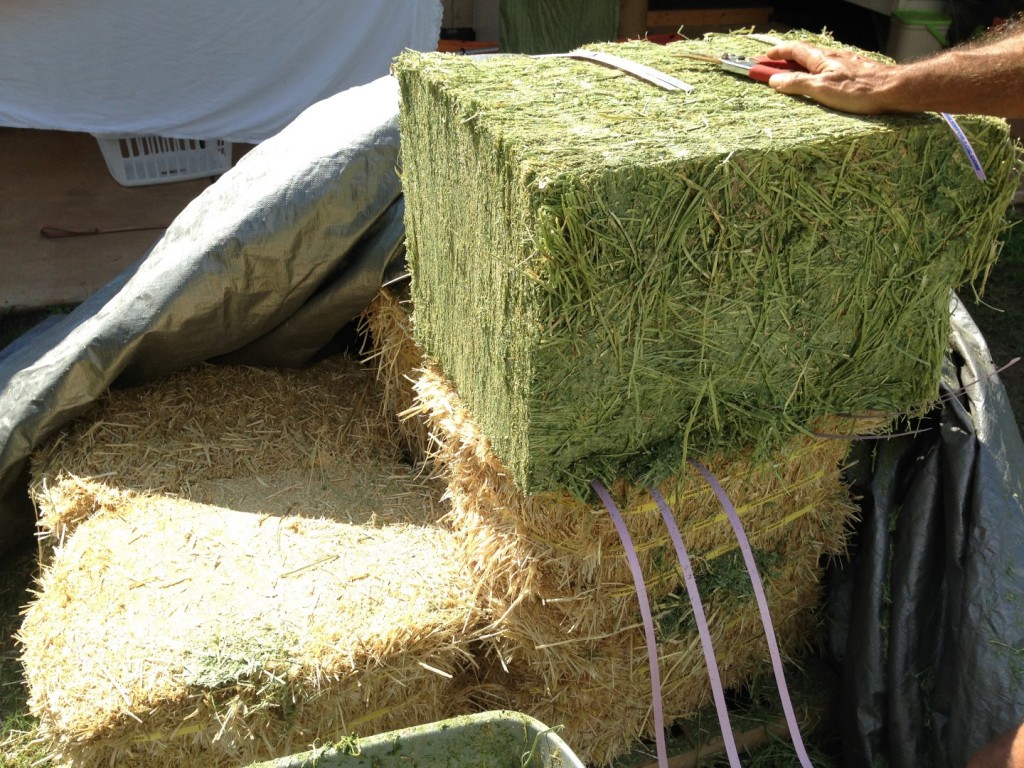
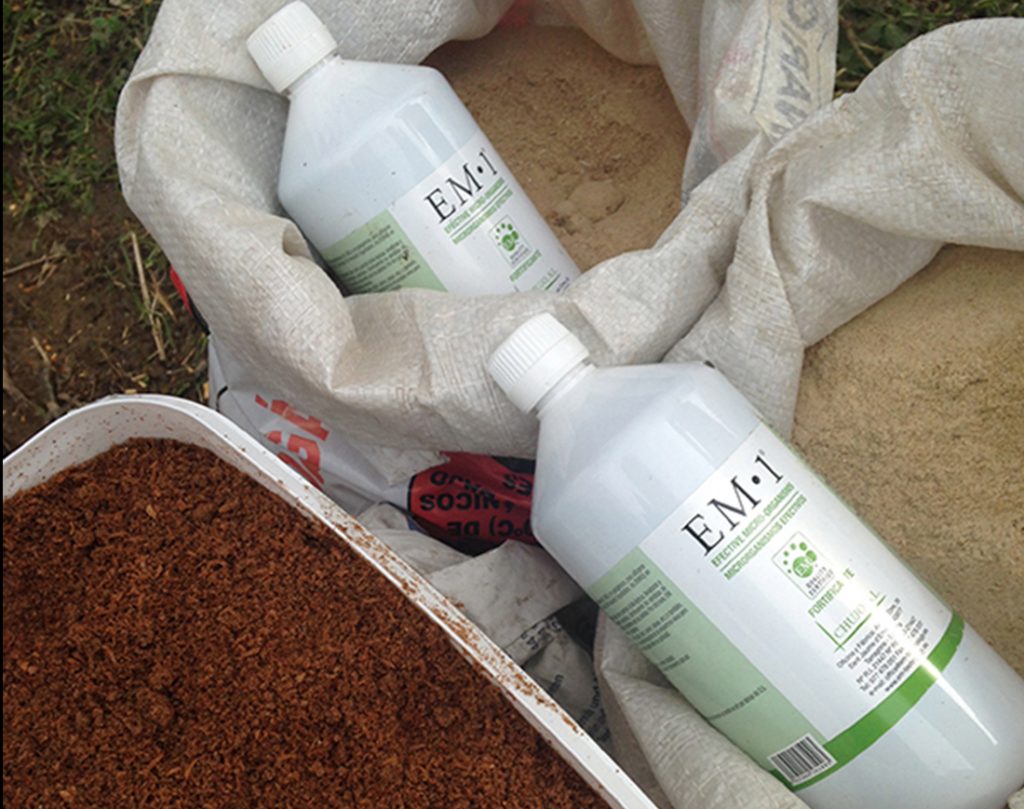
It's really informative and I like to read, the way you are explaining things is very good.
thank you, hso, for all the great growing information. the composting tips are invaluable! I'm aiming for the sky this season! I love trees, ca215 pt compliant
Thank you for the posts very imformative
This is so useful. Looking forward to make my own super soil. Thanks
At this moment I am ready to do my breakfast, afterward having my breakfast coming yet again to read more news.